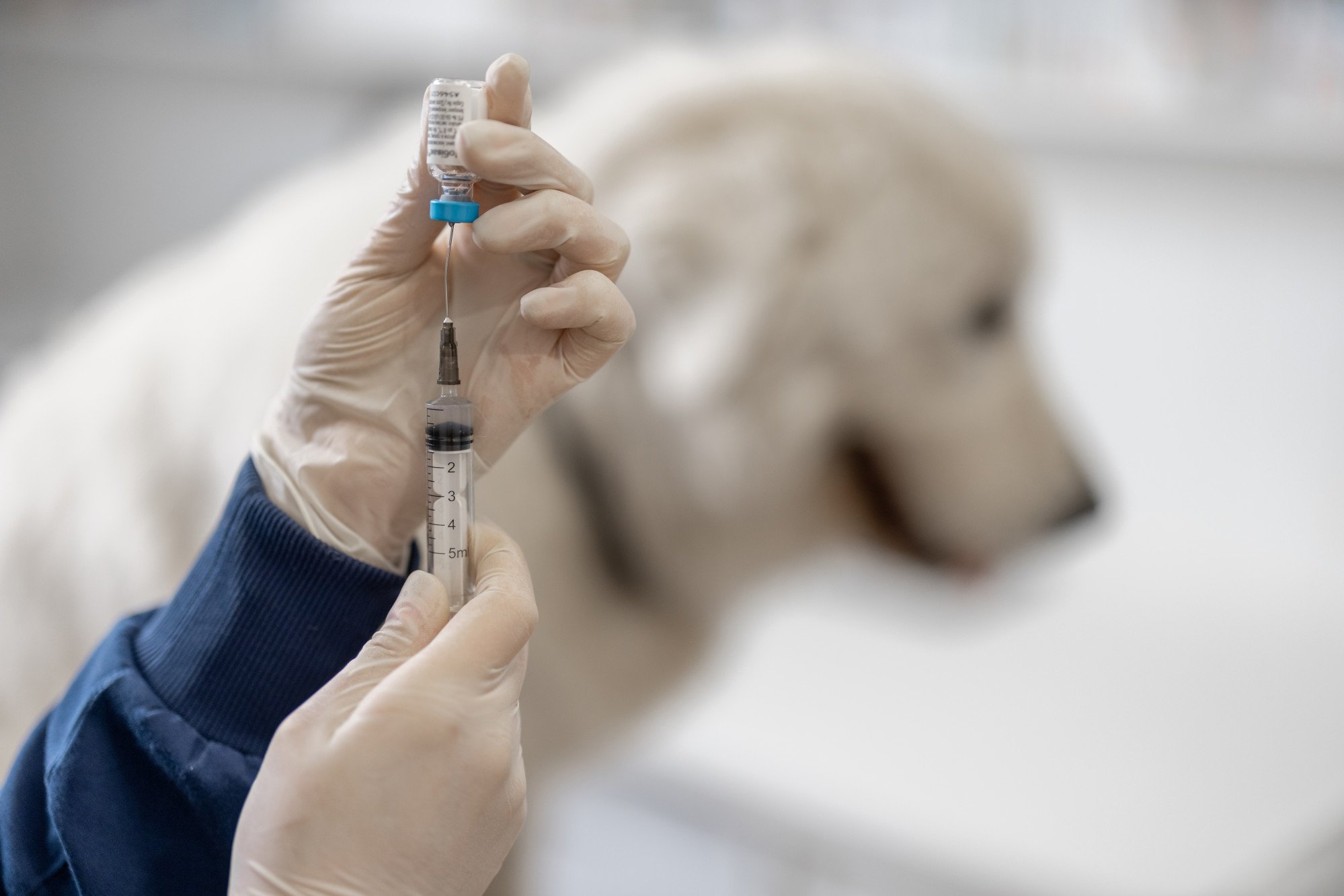Hong Kong may reduce quarantine for imported pets but animals must be vaccinated, tested
“We will next explore the implementation details, including discussing arrangements with places concerned, with the aim of rolling out the testing arrangements as soon as possible,” he said.
He was responding to questions from lawmaker Maggie Chan Man-ki, who asked for an update on the government’s study and also wanted to know how authorities would facilitate pet owners’ travel with their animals overseas.

The environment minister explained that pets that were imported would need to receive rabies vaccination and obtain a negative antibody test result before being given a shorter quarantine term.
The Agriculture, Fisheries and Conservation Department currently applies different quarantine requirements depending on the origin of the animals.
Pets from Group I countries and regions, such as Britain, Australia, Ireland and Hawaii, are not subject to quarantine after they are above two months old, vaccinated and chipped.
Those from Group II countries and places, which include the continental United States, Canada, Taiwan, Singapore and Guam, will similarly have quarantine waived if they are vaccinated and chipped at the age of five months.
Countries and regions not specified in Groups I and II will be designated as Group III, a higher-risk tier.
Pets from these places must undergo a mandatory 120-day quarantine, during which their owners have to pay HK$90 per day for dogs and HK$46 per day for cats.
Regardless of the proposed changes, all pet owners would still have to obtain a special permit from the Agriculture, Fisheries and Conservation Department before they could bring their cats and dogs into the city.
According to the Rabies Ordinance, violation of the rules could result in the seizure of pets, and those caught importing or possessing a prohibited animal could be slapped with a one-year prison term and a maximum fine of HK$50,000.
Hong Kong has one of the world’s strictest quarantine regimes for pet cats and dogs despite recording no local cases of rabies since 1987. The zoonotic disease has in some cases been fatal to humans, as no specific treatment is yet available.

As the cross-border trade of black market animals flourished, fuelled by smugglers wanting to evade quarantine, veterinary experts called for the city’s authorities to consider alternatives to reduce illegal imports.
Hong Kong customs in April busted an animal smuggling case involving six kittens and one puppy in the border town of Sha Tau Kok. Two people were arrested.
Customs officers last December also arrested a local man and a mainland woman in the same location, for smuggling two dogs and three cats into the city from the mainland.
A total of 13 cases of illegal importation of cats and dogs were recorded in 2023, with 32 animals involved.
By comparison, only two cases were recorded the previous year but involved a much higher number of 200 smuggled animals.